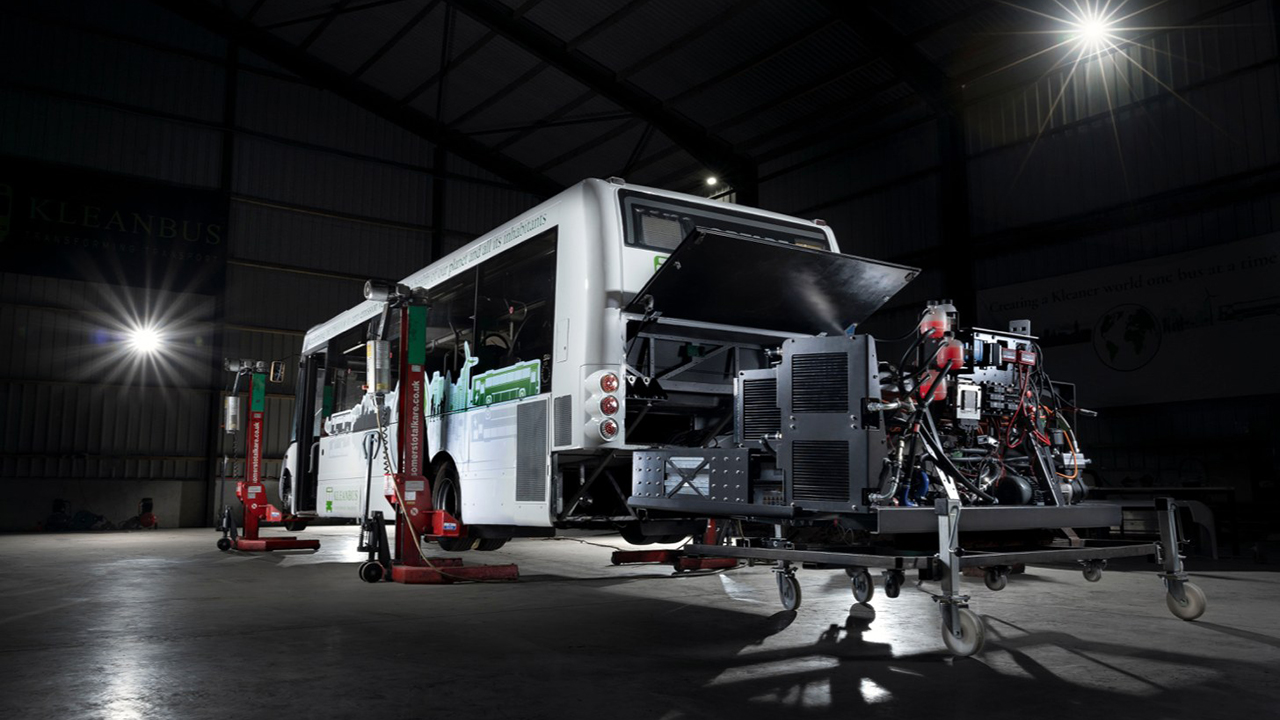The primary incentive for fleet operators to convert their buses to electric power is the cost savings. According to Kleanbus, a repowered bus is significantly cheaper than a brand-new electric bus and has one-third of the operating costs of a diesel bus. Additionally, converting an older bus extends its lifespan and reduces the need for recycling. Furthermore, converting a bus to electric power reduces the number of diesel buses driving through city centers.
Kleanbus's solution is an "e-drivetrain in a box," which replaces the old diesel engine in a bus, regardless of its size or height. Charging is not an issue as it can be done at the bus depot, where many conventional vehicles spend hours each day.
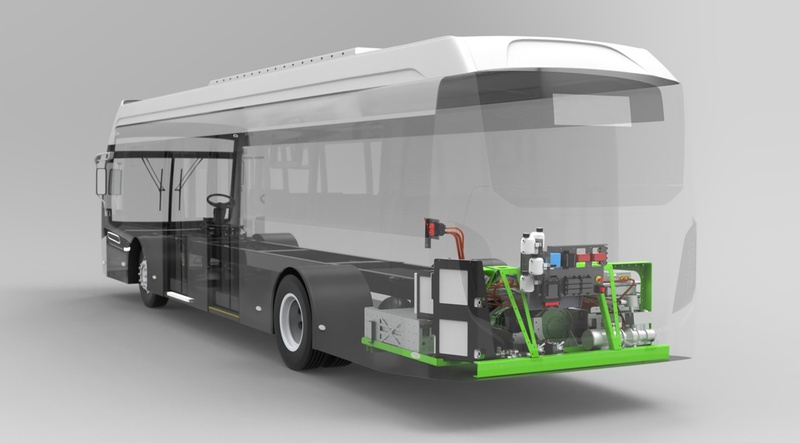



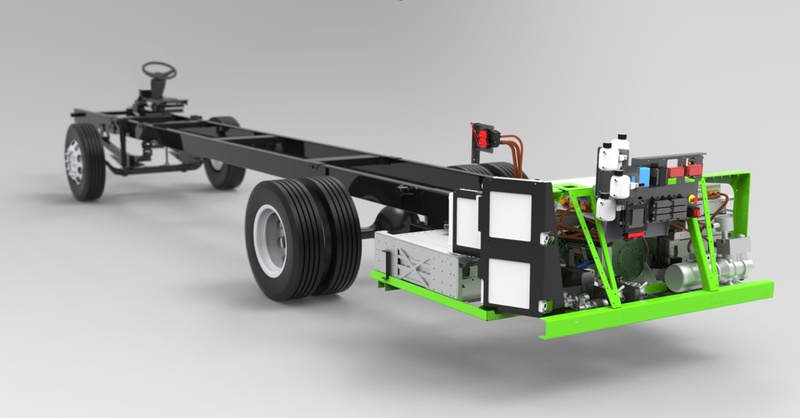
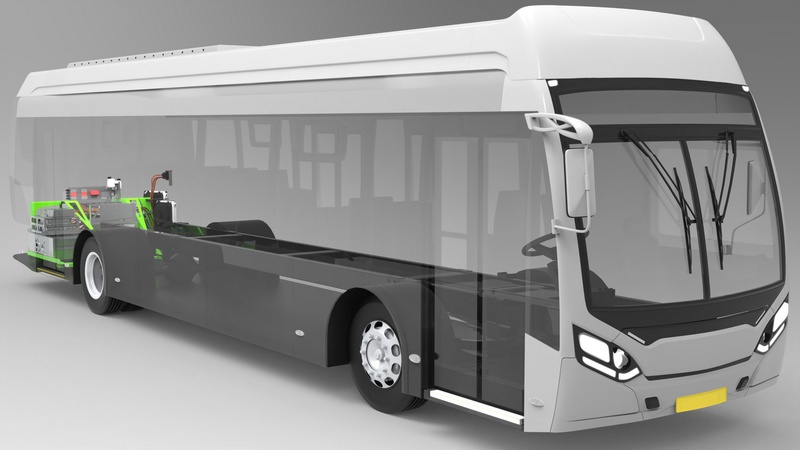
However, this conversion is not suitable for extreme environments like Oymyakon, where vehicles need to be kept running to prevent freezing. Additionally, it's important to note that public transportation authorities don't typically make the switch to EVs overnight and work together to adapt to the new normal.
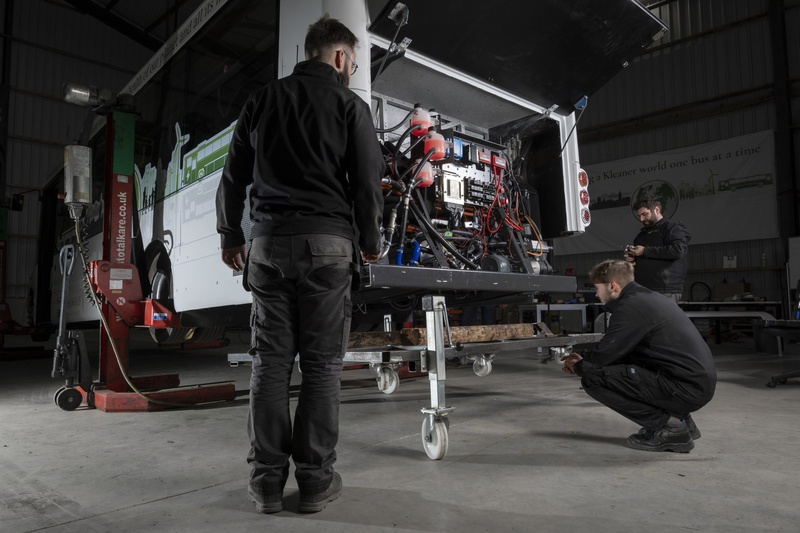
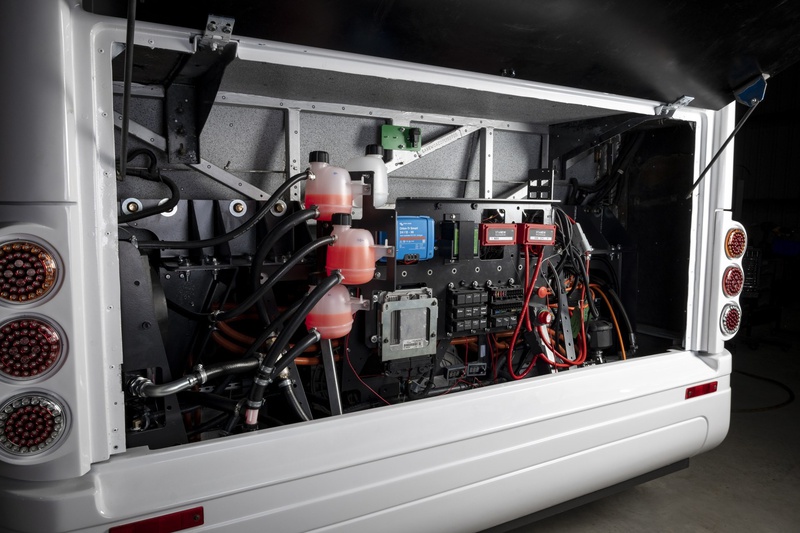

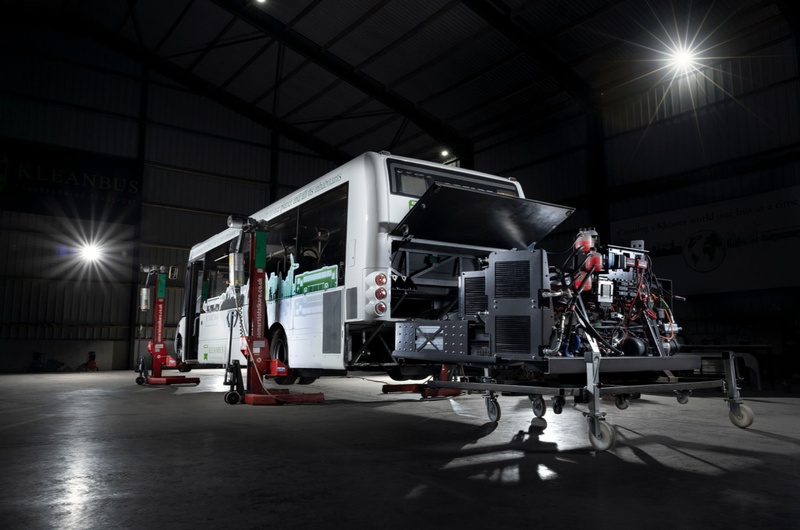
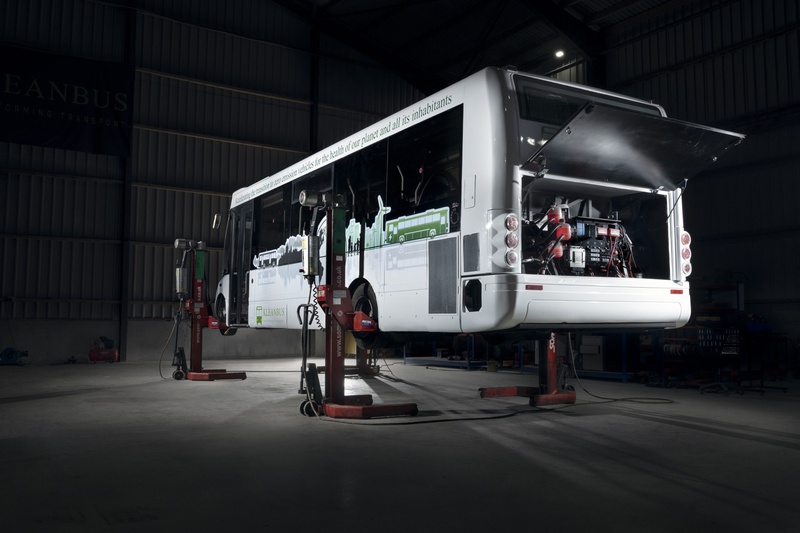
The cost of the conversion has not yet been revealed, but it will be available once the prototype finishes its real-world testing. It is important to note that while the conversion may be cheaper than getting a new bus, it still incurs costs that need to be paid without crippling the budget of the public transit authority or raising ticket prices. The number of tickets sold is also an important variable to consider, as some bus lines are more profitable than others.
Source: Autoevolution
